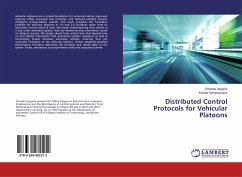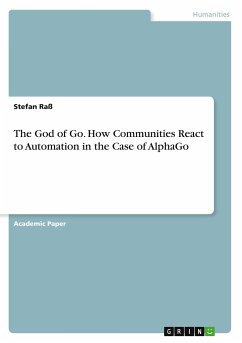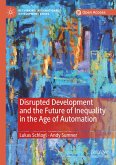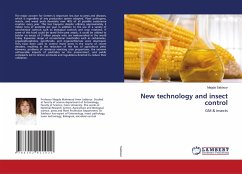Vehicular platoons are a critical foundation for enhanced safety, improved highway utility, increased fuel economy, and reduced emission toward intelligent transportation systems. This work considers the formation problem for vehicular platoons in 1-D and 2-D Euclidean space from an automatic control point of view. We model mathematically each vehicle as a 2nd order dynamical system, that has limited sensing information based on distance sensors. We design closed form control laws that depend only on that limited information that guarantee collision avoidance as well as connectivity breaks between successive vehicles, ensuring thus the successful formation of the vehicular platoon. Certain designed-specified performance functions determine the transient and steady state of the system. Finally, simulations and experiments verify the proposed scheme.
Bitte wählen Sie Ihr Anliegen aus.
Rechnungen
Retourenschein anfordern
Bestellstatus
Storno








